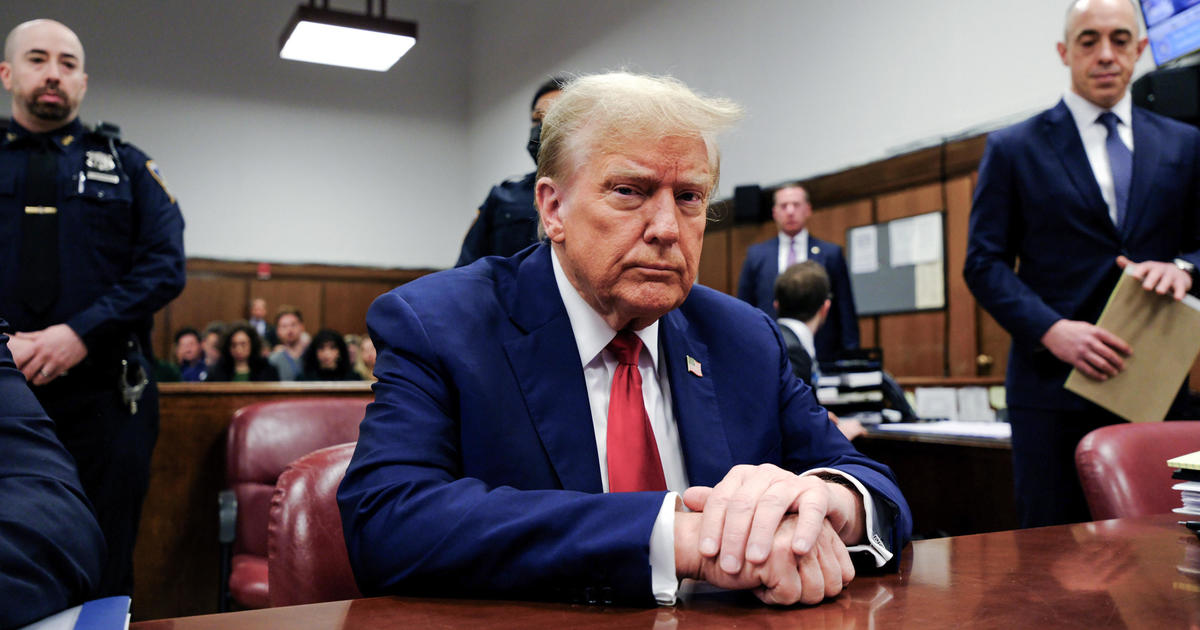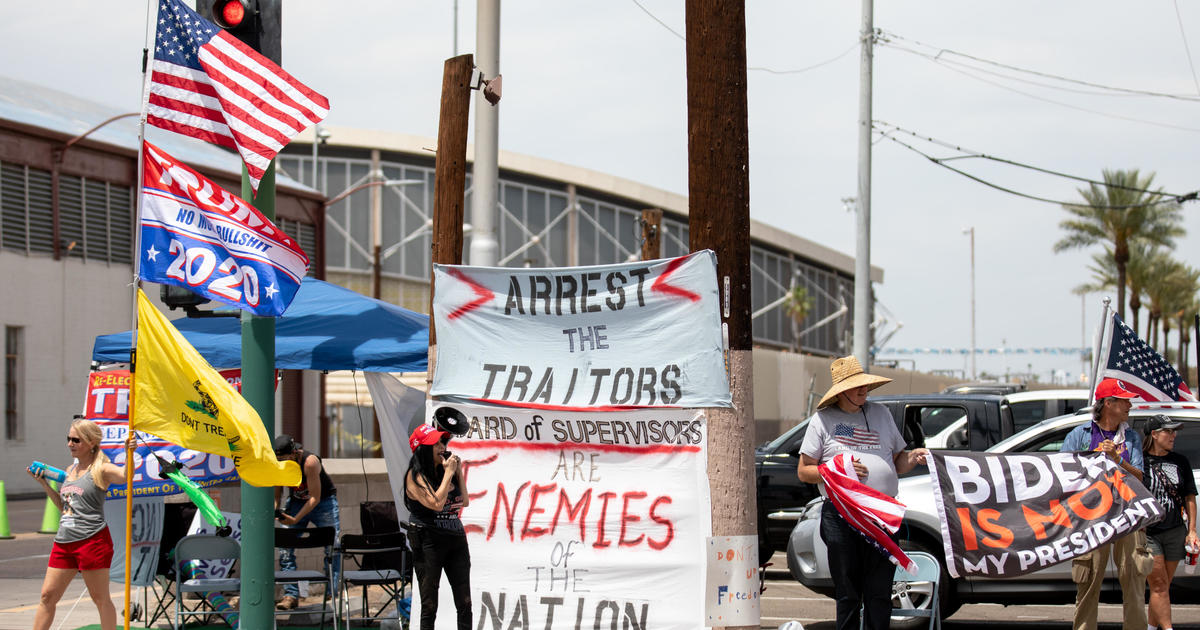CEOs growing bolder in challenging Trump
Shortly after his inauguration, President Donald Trump told a group of business leaders that "there are some really exciting times ahead."
This may not be exactly what Corporate America had in mind. Following Mr. Trump's handling of the violence and terror attack in Charlottesville, Virginia, Merck CEO Ken Frazier said he could no longer serve on the president's manufacturing advisory council. A cascading number of CEOs and industry leaders soon joined him, including the CEOs of Campbell Soup and 3M.
Mr. Trump responded on Wednesday by announcing in a tweet that he is disbanding the manufacturing council and his strategy and policy forum, which is another CEO-heavy advisory board.
The decision follows two bruising days for Mr. Trump, who had portrayed himself as a pro-business president. On Tuesday, AFL-CIO president Richard Trumka and his deputy chief of staff Thea Lee issued a statement saying they could not serve on a council for "a President who tolerates bigotry and domestic terrorism."
3M (MMM) CEO Inge Thulin stepped down from the manufacturing council on Wednesday. In a statement, he noted he had joined to "advocate for policies that align with our values" such as diversity and inclusion, as well as to promote investment and job growth. He added he felt the council is "no longer an effective vehicle for 3M to advance these goals."
Still, not every CEO on the council stepped down before Mr. Trump called the whole thing off. Walmart (WMT) CEO Doug McMillon on Wednesday also rebuked him for missing "a critical opportunity to help bring our country together by unequivocally rejecting the appalling actions of white supremacists." Likewise, Johnson & Johnson CEO Alex Gorsky said he would remain in his advisory role because the company "has a responsibility to remain engaged."
At the start of Mr. Trump's presidency, corporate leaders had high hopes the real estate mogul would follow through on a series of pro-business promises, ranging from lowering the corporate tax rate to revving up economic growth. And even before his inauguration, Mr. Trump showed an unusual willingness to both publicly praise and excoriate companies, not hesitating to unload on CEOs who displeased him. That rhetorical cudgel earned Mr. Trump a healthy measure of respect, and even fear.
But that testy relationship appears to be changing.
"The fact that CEOs are leaving a prestigious White House council that could do them some good is a good indicator that they don't think this president will accomplish much," said Elaine Kamarck, founding director of The Brookings Institution's Center for Effective Public Management. "A couple months ago he was a new president, and the expectation was he would grow into the job and that he would learn something. None of those things have happened."
A number of prominent CEOs have also publicly taken issue with Mr. Trump on issues ranging from the administration's move to take the U.S. out of the Paris Accord, to immigration policy, to a ban on transgender people serving in the military.
The power of Mr. Trump's tweets -- often directed in anger at those he feels have wronged him -- also appears to be fading.
After his November electoral win, a critical tweet from Mr. Trump could send a company's stock spiraling downward. Lockheed Martin (LMT) shares lost more than 5 percent of their value in December when the president criticized the "out of control" costs for its F-35 jets. Manufacturer Rexnord saw its shares slip 2.5 percent after Mr. Trump attacked its plan to fire workers and outsource jobs to Mexico.
Today, however, investors are less sensitive to his Twitter-finger. On Monday, the president mocked Merck CEO Ken Frazier after the drugmaker chief said he'd step down from his advisory role on the manufacturing council. In his tweet, Mr. Trump said Frazier would now have more time to "lower ripoff drug prices."
Merck shareholders shrugged off the abuse. The stock has increased about 0.3 percent since the close of trading on Friday.
"The business community, especially people who are successful CEOs, evaluate people not on ideology but accomplishments -- does the guy or gal have capacity?" Karmarck said. "He hasn't had a major legislative achievement."
To be sure, there are still plenty of top CEOs who had remained on Mr. Trump's business and manufacturing councils, including Walmart's McMillon, who explained in his statement he believes "we should stay engaged to try to influence decisions in a positive way and help bring people together."
Others who remain on the councils include Blackstone Group CEO Stephen Schwarzman. Mr. Trump said in a tweet on Tuesday that he has "many" CEOs in the wings waiting to take a spot on his manufacturing council if one of them drops out. "Grandstanders should not have gone on," he added.
The executives' decision about whether to stick around may be influenced by another important constituency: their customers. Campbell Soup, for one, is the focus of a call-in campaign from consumers who had urged CEO Denise Morrison to step down from her Trump advisory role. Twitter users added the hashtag #SoupNazi. Morrison said she would step down on Wednesday, shortly before Mr. Trump dissolved the council.
Companies that remain publicly aligned with the Trump administration may be concerned about another group: the so-called heartland consumers, or Americans who live in Southwestern, Midwestern and Southeastern states such as Ohio and Missouri. These consumers aren't as keyed into political issues and are more concerned with earning and saving money, said Jordan Cohen, chief marketing officer of Fluent, a marketing company.
"There is a lot of talk about the disconnect between the big brands in the aftermath of the election and how can we connect with the heartland consumer," he said.
Companies that back out of Mr. Trump's councils run the risk of playing into the president's playbook by allowing him to take potshots on issues like drug pricing, which his core supporters do care about, he added.
"There might be a bigger risk in alienating their own employees than any ramifications to the business in selling to heartlanders," Cohen added. "It turns into an internal PR nightmare when your own colleague base is in opposition to a president you don't support."



